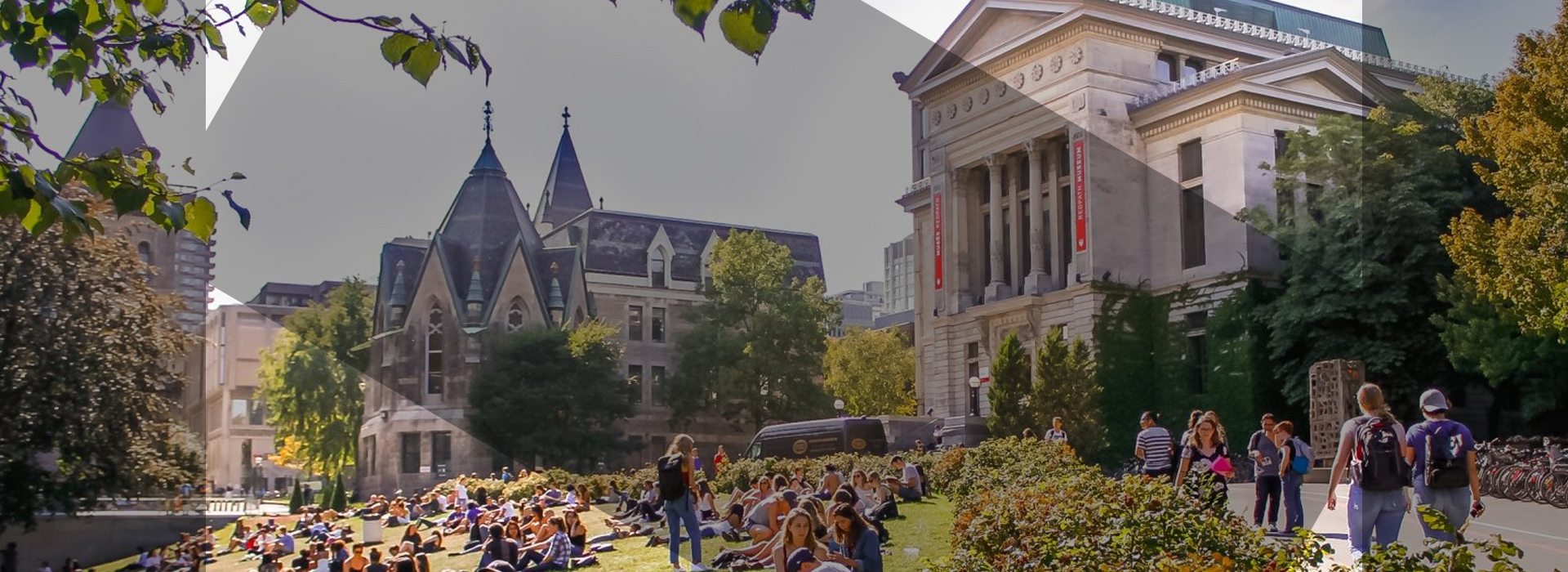Political Theory
H05(b) - Labour, Amour-propre, and Individuality in Rousseau
Date: Jun 12 | Time: 03:30pm to 05:00pm | Location:
Chair/Président/Présidente : Xavier Boileau (McGiIl University)
Discussant/Commentateur/Commentatrice : Simon Kow (University of King's College)
Re-imagining intimacy: Intimate writing and alternative visions of political life: Erica Kunimoto (University of Toronto)
Abstract: This paper explores the political significance of intimate narratives for two eighteenth-century thinkers—Jean-Jacques Rousseau and Mary Wollstonecraft. Paying particular interest to Rousseau’s Émile and Wollstonecraft’s Maria, I suggest that the novel form affords both thinkers unique opportunities to “re-write” intimate narratives to political effect. I suggest that this intimate “re-writing” takes place through two moments. First, a critical moment, wherein both thinkers use the novel to show that “real” intimacy has become impossible within the existing form of political life. Second, a generative moment, wherein both thinkers propose a new vision of intimacy, which becomes possible within a new vision of political life. Overall, I consider how an alternative vision of intimacy proposed by Wollstonecraft and Rousseau may be indexed to an alternative political project that they seek to re-orient their audience towards via their intimate writings.
“Work like a peasant and think like a philosopher”: rethinking Rousseau’s understanding of labour in contrast with Arendt: Ke Xia (University of Warwick)
Abstract: Contemporary theorists on political action, such as Hannah Arendt, tend to distinguish productive labour from non-productive public actions and only view the latter as the key activity for promoting political participation and cultivating citizenship. Rousseau is similar to Arendt in many ways, for they share concerns about the alienation caused by the division of labour and strive to mitigate its damage to political participation. However, despite criticising modern labour for alienating people from their natural state of idleness, Rousseau acknowledges the necessity of the division of labour in modern society.
In this paper, I will present a new reading of Rousseau’s understanding of work, aiming to bridge the gap between the vita active (active life) and the vita contemplative (contemplative life) as well as between labour and action, identified by Arendt. There are two points that I will make in this paper. First, using the example of Rousseau’s ideal citizen Emile, who shall “work like a peasant and think like a philosopher”(Emile: 202), I demonstrate that contemplative life and active life are interconnected with each other in Rousseau’s educational framework. Second, I argue that productive labour, rather than hindering political participation, contributes to the social conditions necessary for political actions. I emphasize the importance of physical skills for individual independence and a sense of solidarity fostered by the division of labour in a well-functioning political community.
This paper has two theoretical aims. First, it contributes to Rousseau scholarship by emphasizing the positivity of modern labour, challenging a common reading of Rousseau (Sonenscher, 2020; Rasmussen, 2008) which views the specialised labour as the key defect of modern society. Second, it suggests that Rousseau’s understanding of labour may work as a better alternative to Arendt’s for recognizing the positivity of productive labour.
Does Superiority Inflame Amour-propre?: Xinyi Cai (McGill University)
Abstract: In this paper, I aim to delve into the intricacies of Rousseau’s concept of "inflamed" amour-propre in his moral psychology and challenge the traditional Kantian interpretation that equates it with a pernicious, inegalitarian form of craving for superiority. Contrary to this view, I draw upon the insights of Neuhouser (2008), who offers a more nuanced understanding of inflamed amour-propre, arguing that not every desire for superiority necessarily falls into this category. Based on the text of the Second Discourse, Emile, The Social Contract, and the discussions of Dent (1998), Neuhouser (2008, 2014), Cohen (2010), and Kolodny (2010), I will first reevaluate the three demarcations between inflamed and non-inflamed amour-propre drew by Neuhouser (2008, 2014), namely, independent values, universalizability, and egalitarian humility. Second, I will point out the limitations of understanding amour-propre in general without the dimension of superiority in Dent’s more primordial egalitarian interpretation, regardless that Kolodny revised it and limited the discussion to moral superiority. Building on the literature in the past two decades, I combine the normative evaluation of “inflamed” amour-propre with the superior/egalitarian recognition debate. Instead of adopting a passive approach to defend “inflamed” amour-propre for its egalitarian implication, I propose a positive approach, arguing that as the preeminence might be an important ingredient of non-inflamed amour-propre, the Kantian equation could undermine the role of this passion in cultivating citizen’s virtue and lead to an “anti-heroic” mediocracy.
Rousseau and Heidegger's Pastoral Politics: Timothy Berk (University of Ottawa)
Abstract: Rousseau and Heidegger’s politically charged critiques of the modern commercial city, as well as their valorization of rural life, speak to the urban-rural divide that is increasingly animating contemporary populist movements. Nevertheless, their writings give way to sharply diverging political visions. Whereas Rousseau advances rustic virtues in service of a robust egalitarian republicanism, Heidegger’s promotion of agricultural communities seeks to radically “overcome” Enlightenment civilization through the revitalization of the Volk’s primordial rootedness (Bodenständigkeit). My paper will identify the crux of their disagreement in their competing understandings of “nature” and “history,” and, in particular, Rousseau’s more ambivalent evaluation of agricultural civilization. I will suggest that Rousseau’s more nuanced position can serve as a response to Heidegger and his contemporary epigones among the contemporary European and Eurasian New Right.

